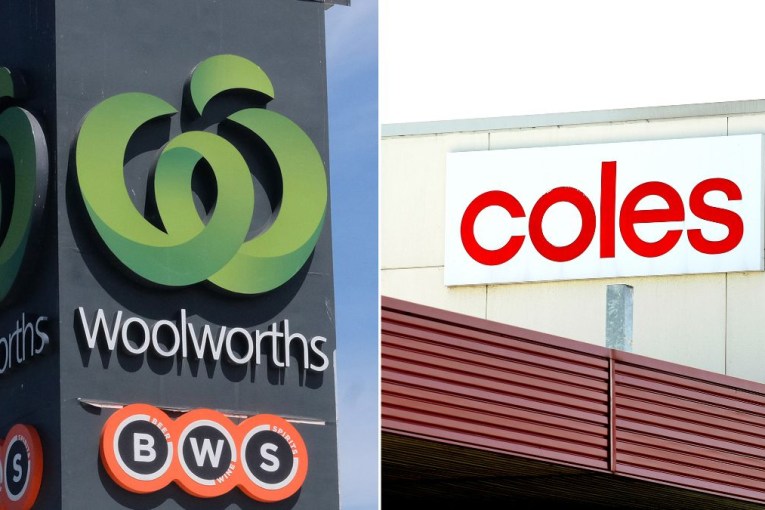Consumers warned not to trust hotel booking websites’ ‘one room left’ pressure tactics


Booking websites have been warned to do away with availability claims that mislead consumers. Photo: Getty
Australians have been urged not to trust “one room left” claims and other “high-pressure sales tactics” on third-party hotel booking websites amid a consumer watchdog investigation.
Tourism Accommodation Australia (TAA) revealed exclusively to The New Daily that the ACCC is currently investigating the relationship between hotels and online booking websites.
This comes just weeks after the British competition watchdog CMA warned hotel booking sites and online ticket resellers to stop making claims that could mislead consumers about genuine availability, threatening possible court action should companies fail to comply.
“[The ACCC] is closely watching the outcome of the European changes to rate parity and the UK Competition and Markets Authority (CMA) investigation into whether sites are misleading consumers,” TAA chief Carol Guiseppi told TND.
“They are looking at … whether a false impression is created by claims about how many people are looking at the same room, how many rooms are left, and how long a price is available.”
The ACCC said it was unable to comment on potential investigations.
It did confirm, however, that it has taken ticket reseller Viagogo to court over a number of allegations including its “less than 1 per cent of tickets remaining” claims.
Widely used assertions include: “one room left”, “10 people are viewing this page”, “in high demand” and “buy now to secure this price”.
An investigation by The New Daily identified these claims on numerous third-party booking sites including Expedia, Booking.com, Wotif, Hotels Combined, Hotels.com, eDreams, Budget Air, Get A Room and Hotel Quickly, as well as on ticket resale sites Viagogo and StubHub.
A false sense of urgency
It is illegal for businesses – including those based overseas – to make false, misleading or deceptive assertions to Australian consumers.
“Representations such as those relating to the scarcity of event tickets can only be made if those claims can be substantiated under the Australian Consumer Law,” an ACCC spokesman said.
So it is not illegal to make these claims so long as they are true.
But the average consumer has no sure way of readily verifying whether these claims are factual.
Even the websites themselves were unable to confirm to The New Daily that these claims are true and based on real-time data from the official website.

An example of availability claims on a booking website. Photo: Booking.com
Paul Brooks, chair of Internet Australia which represents Australian internet users, said the practice should “absolutely be stopped”.
He said that only official hotel websites can be certain about how many rooms are available for specific dates.
All other sites have no way of knowing how many people are looking at the room on other third-party booking sites.
“Resale ticketing sites are in a similar category to hotels.”
Booking Holdings (Booking.com, Kayak, Agoda) and Expedia Group (Trivago, Wotif, Hotels.com) together control about 80 per cent of the online travel agency market in Australia, according to the Accommodation Association of Australia.
“We test many iterations of content as part of this optimisation process to ensure that the information displayed to users is relevant to their booking experience,” a Booking.com spokeswoman said.
Expedia Group said it would continue displaying availability claims on its websites.
“We believe our travellers find this information useful for making informed decisions when booking their travel,” a spokesman said.
He said these claims are based on “current data” but would not specify whether this was based on its own data as a third-party site or the data of the official websites.
The common marketing traps
Consumer Affairs Victoria warned consumers to be aware of “high-pressure sales tactics”, while NSW Fair Trading said to take time researching all available options.
Paul Harrison, a consumer behaviour expert, said companies deliberately use the colour red and bolded statements because our eyes are automatically drawn to them.
Corporate ethics and marketing expert Dr Michael Callaghan said “don’t trust them”.
“Always shop around and, personally, I always call the hotel for a quote before booking online – sometimes this can work out cheaper,” he said.
The ACCC recommends that consumers buy online from official authorised sellers.
Consumers can report any concerns about booking claims they believe to be misleading to the ACCC or relevant state consumer agency.








